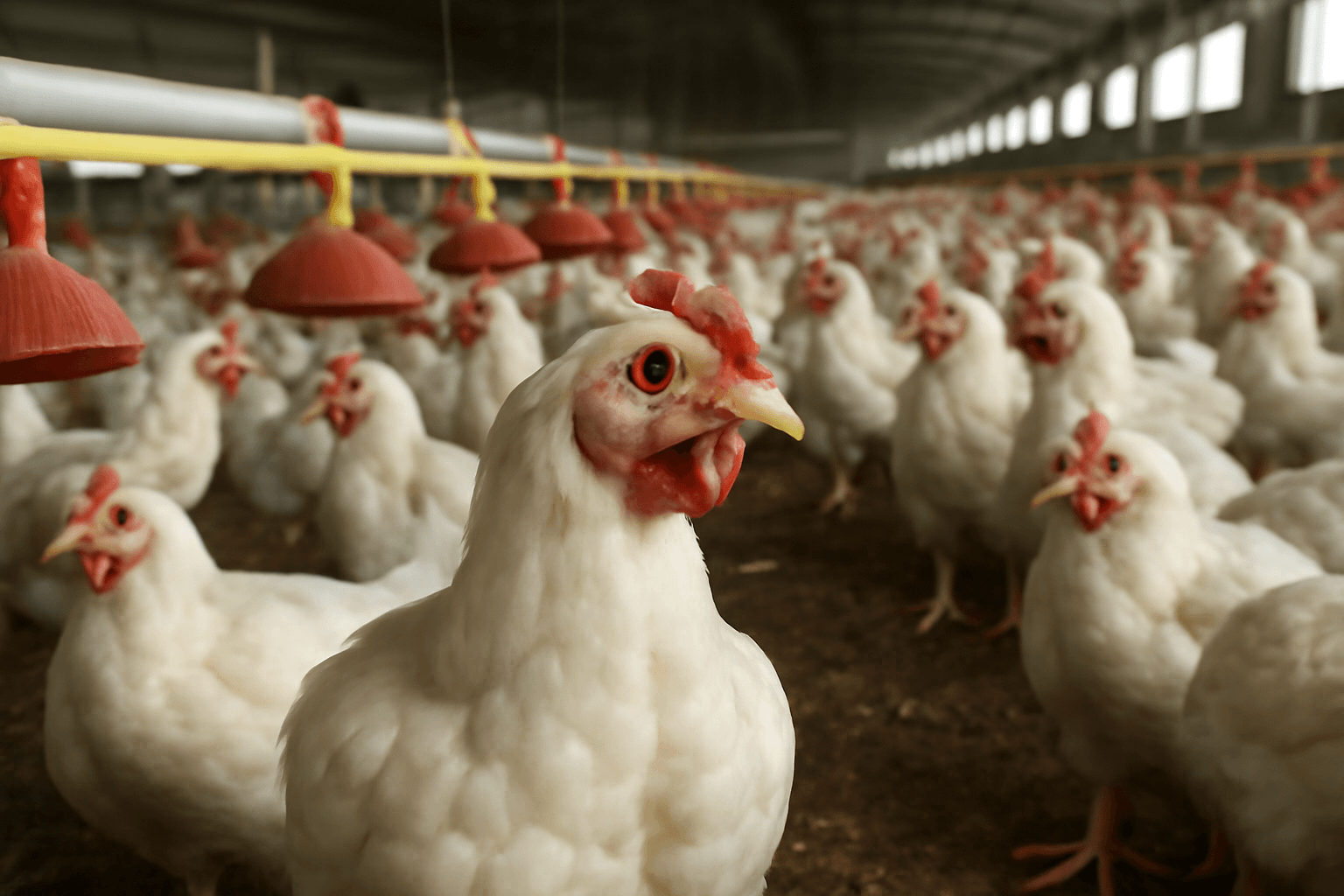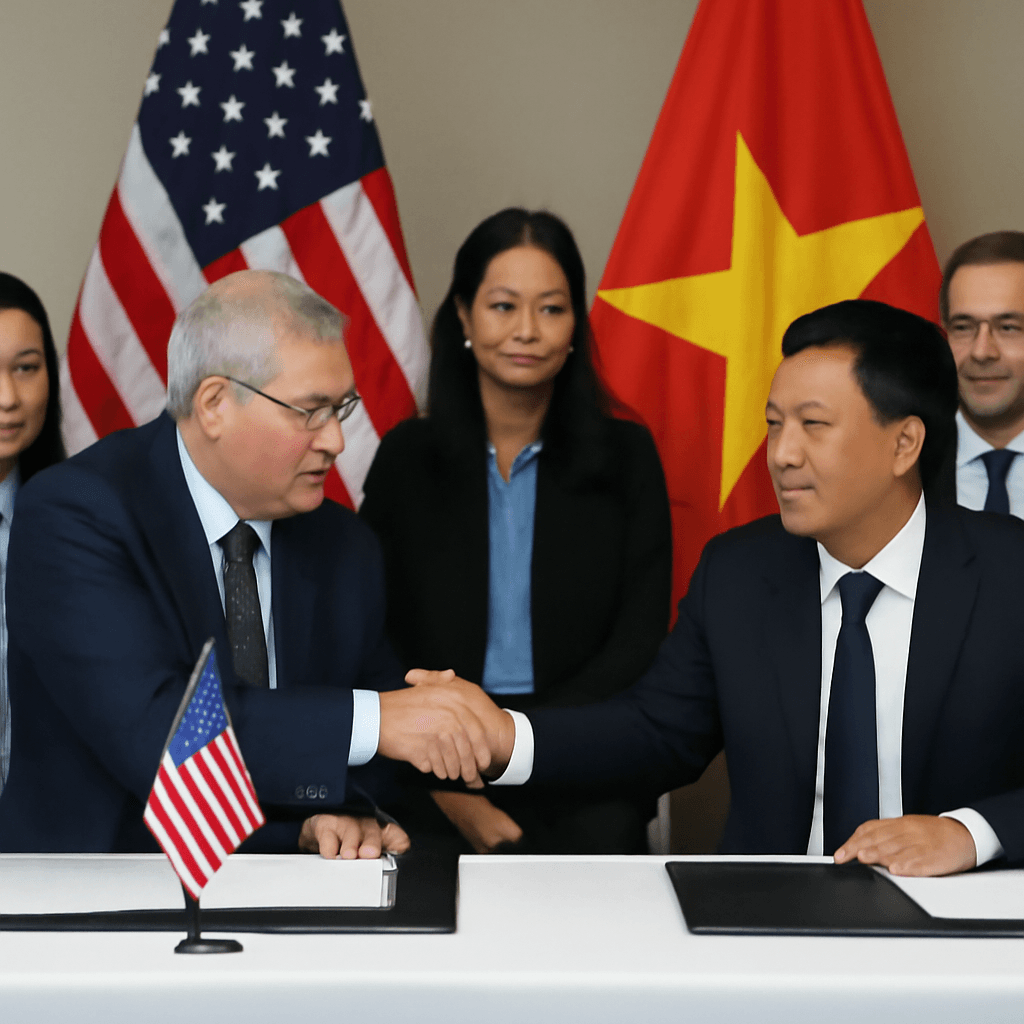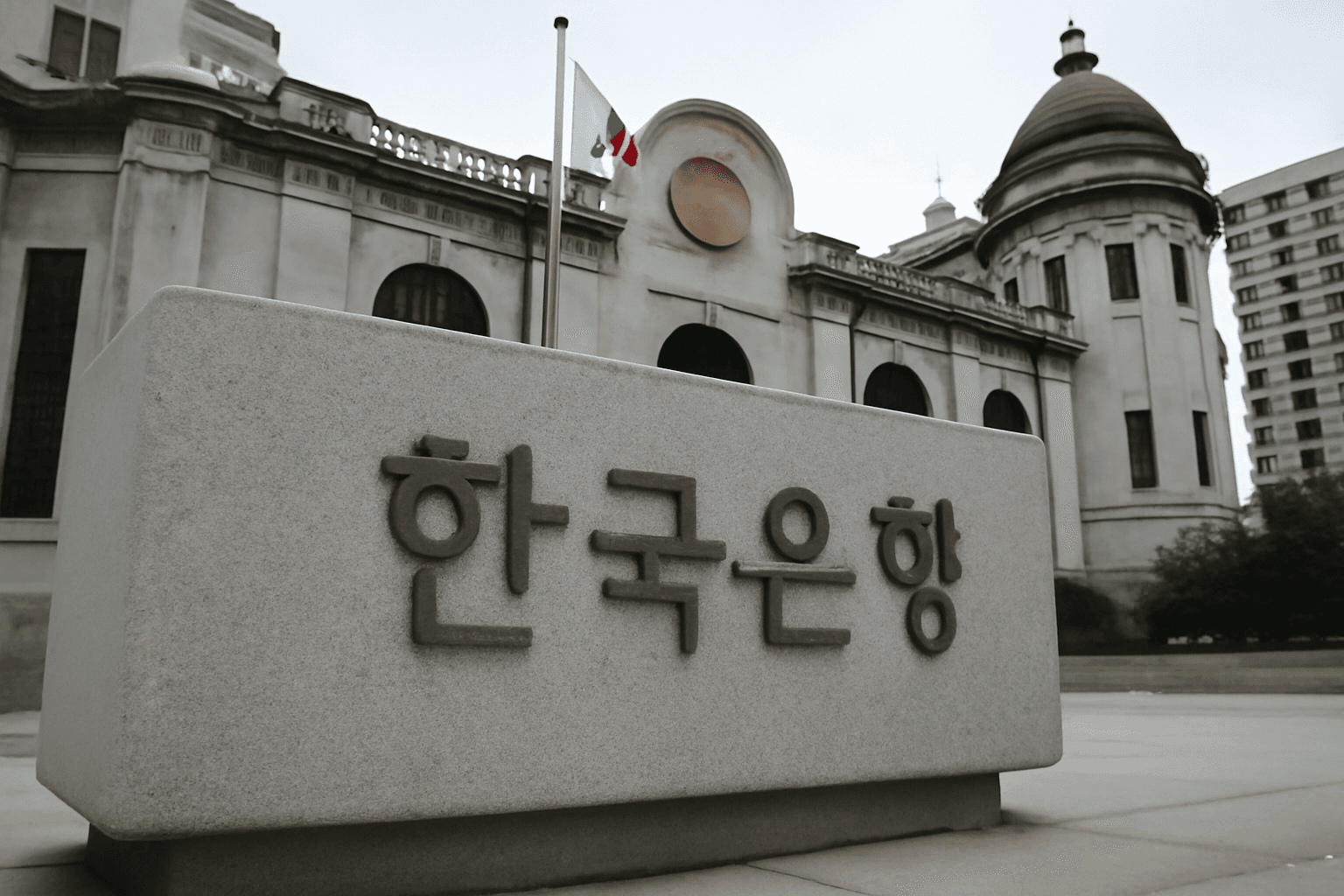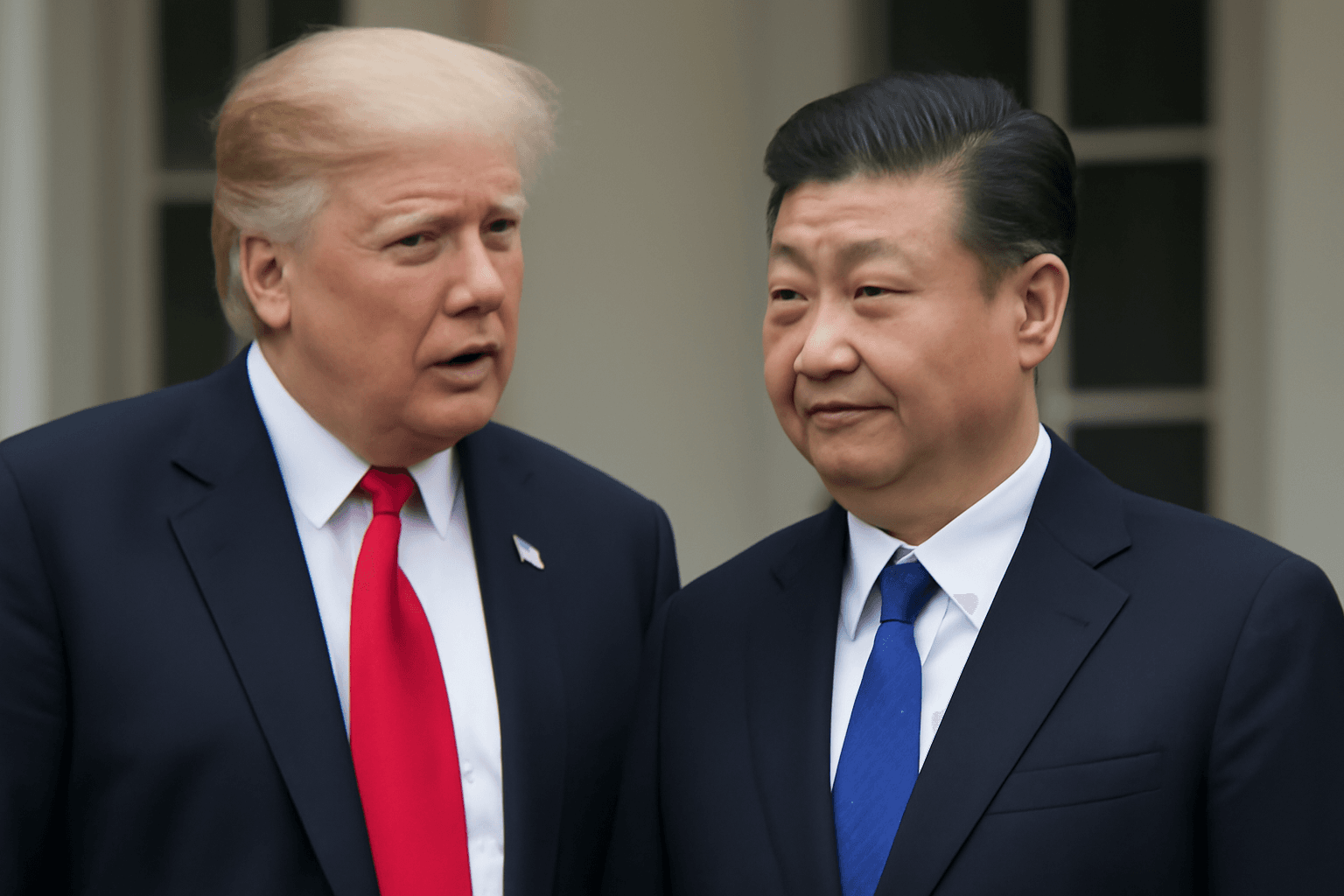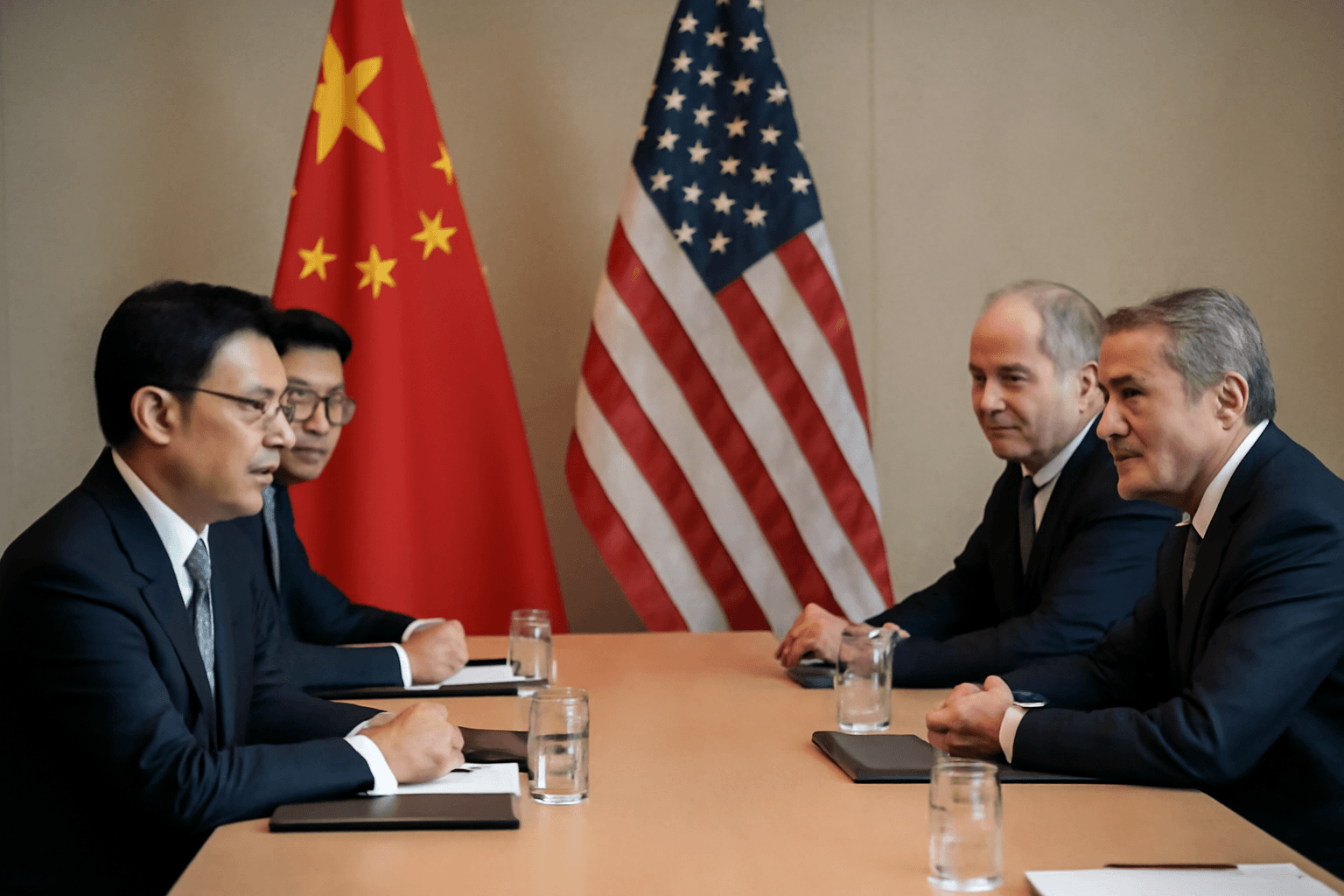China has enacted a comprehensive ban on all poultry products imported from Brazil following the country's recent bird flu outbreak. This decisive action came two weeks after China suspended import applications from Brazilian poultry farms.
The General Administration of Customs of China announced on May 29 that all Brazilian poultry imports, both direct and indirect, would be prohibited. Any shipments found entering China will be either returned or destroyed. Additionally, all animal and plant waste arriving on vessels from Brazil must be treated under customs supervision and not discarded without authorization.
The outbreak was confirmed on May 16 at a commercial poultry farm in Montenegro, located in Brazil's southern state of Rio Grande do Sul. This event prompted multiple international trade restrictions on Brazilian poultry products.
Although the Brazilian government requested that China limit its embargo solely to poultry products originating from the affected city, China extended the ban nationwide. Other prominent importers such as Japan, Saudi Arabia, and the United Arab Emirates have imposed restrictions limited to the state level.
Moreover, the European Union and South Korea have also introduced bans on Brazilian poultry. In 2024, Brazil exported approximately $10 billion worth of chicken meat, representing roughly 35% of global trade, highlighting the significant economic impact of the Chinese ban on both Brazilian producers and global importers.
Brazilian poultry farmers remain hopeful that improving diplomatic relations between President Luiz Inácio Lula da Silva and Chinese President Xi Jinping might facilitate easing or lifting of the trade restrictions in the near future.

